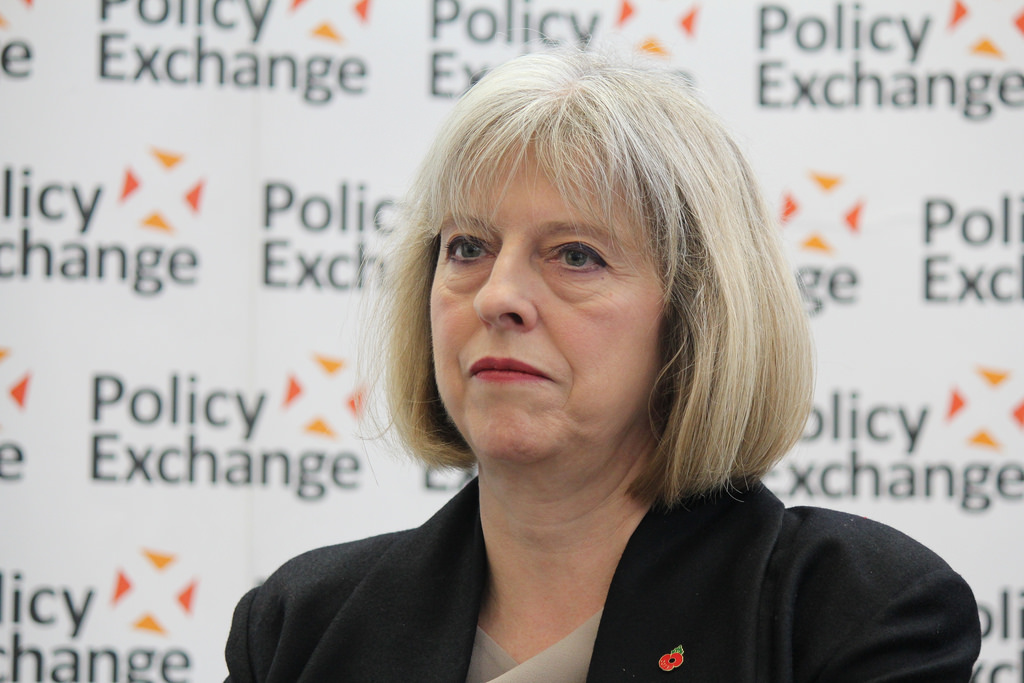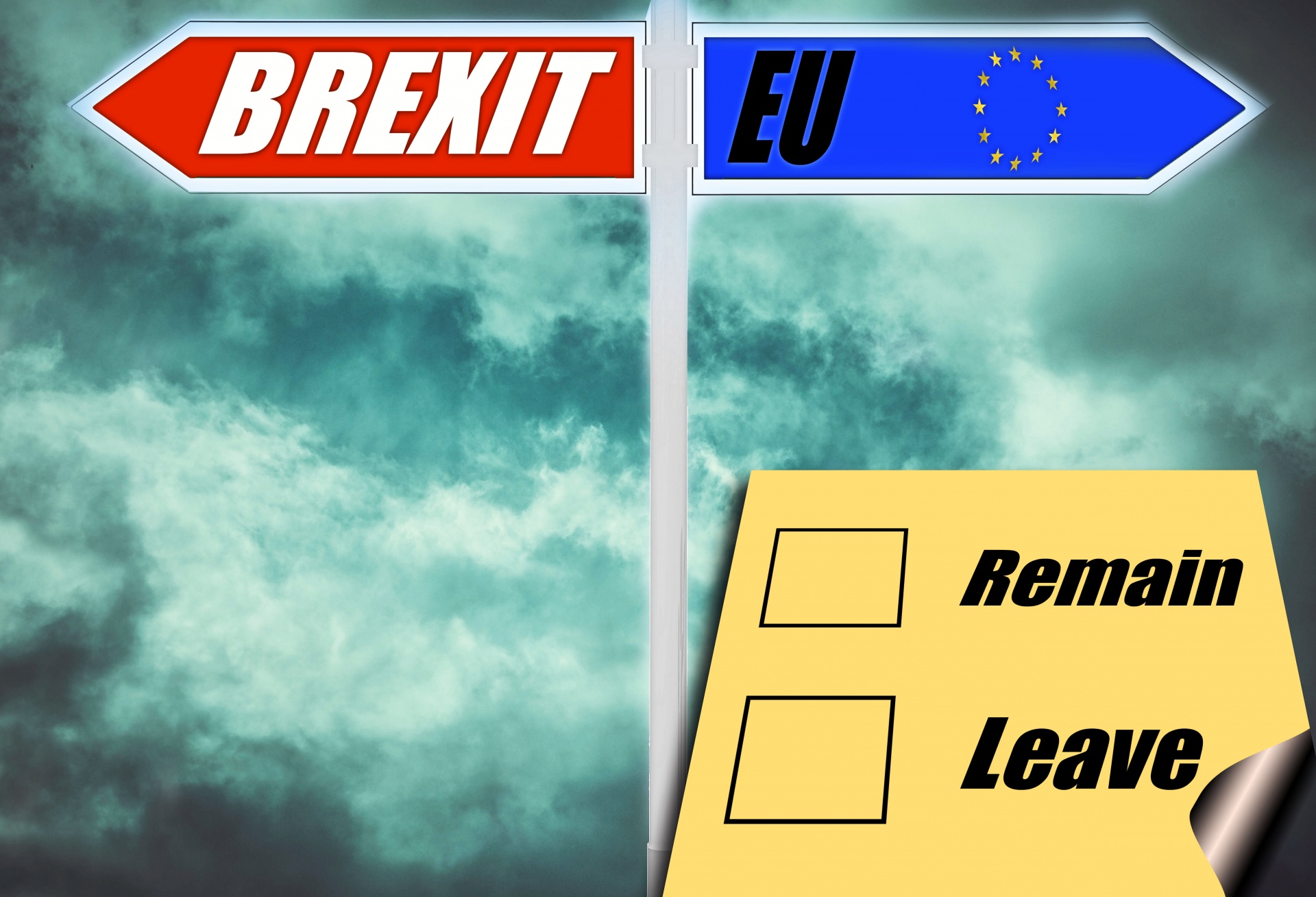United Kingdom Prime Minister Theresa May formally notified European Union President Donald Tusk in a letter that the UK is quitting the organisation it joined in 1973.
She now has two years to settle the terms of the exit before it comes into effect in late March 2019.
"Now that the decision has been made to leave the EU, it is time to come together," May told other MPs. "When I sit around the negotiating table in the months ahead, I will represent every person in the whole United Kingdom – young and old, rich and poor, city, town, country and all the villages and hamlets in between."
May must also deal with a renewed call for Scottish independence, as the clamour has grown louder the closer the UK got to Brexit.
The EU, already tottering under the double burdens of debt and refugees, suffered a blow to their hopes for European unification with the vote. Its leaders say they do not want to punish Britain. But with nationalist, anti-EU parties on the rise across the bloc, they cannot afford to give London generous terms.
May's notice of the UK's intention to leave under Article 50 of the EU's Lisbon Treaty is due to be hand-delivered to Tusk in Brussels by Tim Barrow, Britain's permanent representative to the EU.
May, who signed the letter yesterday, will appear before the British parliament today. Within 48 hours of reading the letter, Tusk is scheduled to send the 27 other member states draft negotiating guidelines.
There are many issues that must be faced, from new tariff rates to whether Continental banks can operate freely in the UK to whether EU citizens can enter the island nation without restriction.
Scottish nationalists have demanded an independence referendum that May has refused, saying the time is not right. In Northern Ireland, rival parties have been unable to end a major political crisis for over two months and Sinn Fein nationalists are demanding a vote on leaving the UK and uniting with the Republic of Ireland.
"May's job is just so difficult – keeping the UK together while Brexiting – that I am not sure anyone would want it," said a senior non-EU diplomat who spoke on condition of anonymity. "After Brexit, the future of almost everything is completely unclear and that is extremely worrying for the UK, the EU and the West as a whole."
Other problems have been forecast by experts, such as if no new deal is agreed before the 2019 deadline, trading terms will default to the World Trade Organization (WTO) standards which are significantly less beneficial for both sides. Also, the UK Parliament has the power to veto, but not amend the final agreement, creating a ‘take-it-or-leave-it’ scenario.




